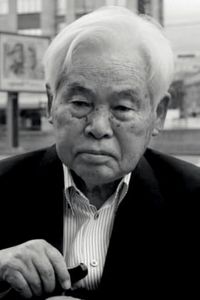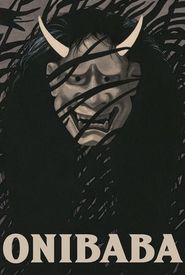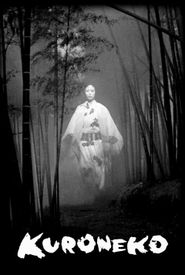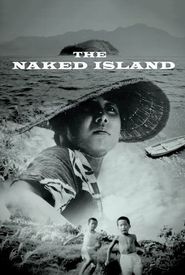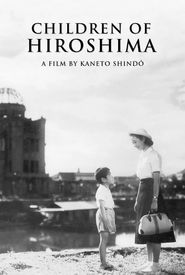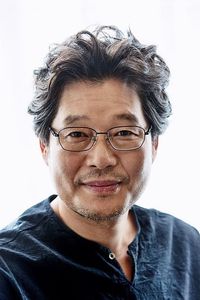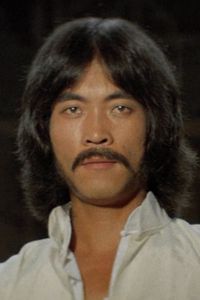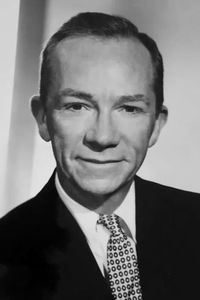Kaneto Shindo was a renowned Japanese filmmaker, screenwriter, producer, and author, born on April 22, 1912, in Hiroshima Prefecture. Throughout his illustrious career, spanning over seven decades, he directed a total of 48 films, leaving an indelible mark on the Japanese film industry.
Shindo's cinematic oeuvre is characterized by a strong focus on female protagonists, reminiscent of his mentor, Kenji Mizoguchi. Many of his films explore themes of war, nuclear devastation, and the human condition, with his most famous works including Children of Hiroshima, The Naked Island, Onibaba, Kuroneko, and A Last Note. His scripts were also adapted by prominent directors such as Kon Ichikawa, Keisuke Kinoshita, Fumio Kamei, and Tadashi Imai.
A pioneer of independent film production in Japan, Shindo co-founded Kindai Eiga Kyokai, a company that enabled him to maintain creative control over his projects. He continued to work as a scriptwriter, director, and author until his passing at the age of 100.
Shindo's personal experiences served as the inspiration for several autobiographical films, starting with his directorial debut, Story of a Beloved Wife, which chronicled his struggles to become a screenwriter. His subsequent films, such as Tree Without Leaves, By Player, and Postcard, explored his childhood, his relationship with his friend Taiji Tonoyama, and his military service, respectively.
Throughout his remarkable career, Shindo received numerous accolades, including the 1996 Japan Academy Prize for Director of the Year for A Last Note. His legacy as a master filmmaker, writer, and producer continues to inspire new generations of artists and audiences alike.
